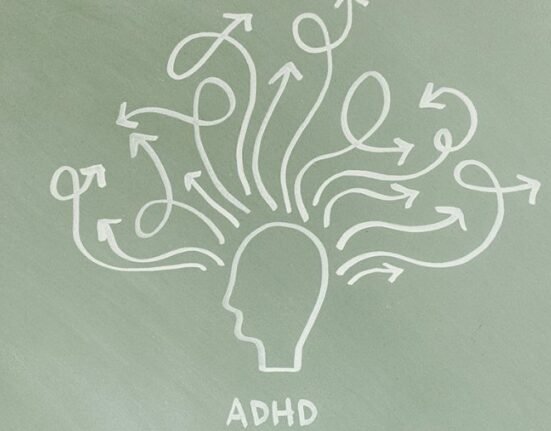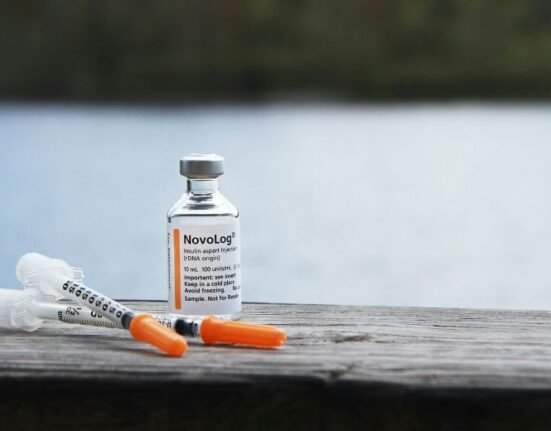HQ Team
April 30, 2025: Johnson & Johnson’s immune disorder drug has been approved by the US Food and Drug Administration for the treatment of generalised myasthenia gravis (gMG) — a rare disease that causes muscle weakness and affects daily activities like chewing, swallowing, speaking, and breathing.
The approval follows a FDA Priority Review designation for the drug Imaavy (nipocalimab-aahu), which offers a new treatment option for people living with gMG, according to a company statement.
The treatment is meant for adults and pediatric patients who are 12 years and above and have specific antibodies (anti-AChR/anti-MuSK) linked to this disease. They constitute more than 90% of the total antibody-positive gMG population.
Anti-AChR antibodies target the acetylcholine receptor (AChR) on muscle cells. These receptors are essential for muscle contraction because they receive signals from nerves. In about 85-90% of MG patients, these antibodies attack and block or destroy the AChR, leading to muscle weakness.
Anti-MuSK antibodies target a different protein called muscle-specific kinase (MuSK), which is important for maintaining the connection between nerves and muscles.
Facial and throat muscles
MuSK antibodies interfere with the clustering of AChRs at the muscle surface, disrupting nerve-muscle communication and causing muscle weakness, often with more severe symptoms affecting facial and throat muscles.
Imaavy works by blocking a protein called FcRn, which helps reduce harmful antibodies (called IgG) that attack the body’s muscles. This targeted action helps control the disease without broadly weakening the immune system.
Patients using Imaavy showed significant and lasting improvement in muscle strength and daily functions over at least 24 weeks, with benefits continuing up to 20 months in some cases, results from an ongoing trial revealed, according to the J&J statement.
“This translates into patients regaining essential daily functions, such as chewing, swallowing, speaking and breathing.” The drug also quickly lowers the harmful antibodies by up to 75%, helping reduce symptoms.
The drug showed good safety and tolerability, according to the statement. Generalised myasthenia gravis is a serious, chronic condition with limited treatment options.
‘Independence, predictability’
“We consistently hear from individuals living with myasthenia gravis who are hopeful for new treatment options that may help bring greater stability, independence and predictability to their lives,” said Samantha Masterson, President and CEO, Myasthenia Gravis Foundation of America.
“Today’s announcement provides another option which could help address the constant uncertainty and heavy physical and mental toll that MG symptom relapse presents to patients and their families.”
The approval was supported by data from an ongoing study – the longest primary endpoint of a registrational trial of any FcRn blocker in adults living with gMG.
“The clinical results we’ve seen with Imaavy represent a significant milestone in the treatment of gMG,” said Dr Nicholas J. Silvestri, MD, Professor of Neurology at University of Buffalo.“Patients experienced substantial symptom relief and lasting disease control that translated into better daily function and did not fade over 24 weeks in the pivotal Vivacity-MG3 study.
‘Unpredictable disease’
“Having a treatment that delivers this level of durable symptom stability is a meaningful step forward for managing a complex and unpredictable disease like gMG, and to have it in both AChR+ and MuSK+ adults and pediatric patients 12 years and older brings an additional FcRn treatment to a broader range of patients.”
Results from the study in anti-AChR and anti-MuSK antibody positive adolescents aged 12-17 years showed that the drug plus standard-of-care met its primary endpoint with a 69% reduction in total serum IgG over 24 weeks, and secondary endpoints of improvements in MG-ADL and QMG scales.
“Today’s FDA approval of Imaavy marks a historic milestone for the more than 240 million patients suffering from autoantibody diseases, many with few or no approved targeted treatments,” said David Lee, MD, PhD, Global Immunology Therapeutic Area Head, Johnson & Johnson Innovative Medicine.
Women vulnerable
The disease impacts an estimated 700,000 people worldwide. The disease affects both men and women and occurs across all ages, racial and ethnic groups, but most frequently starts in young women and older men.
Roughly 50% of individuals diagnosed with myasthenia gravis are women, and about one in five of those women are of childbearing potential.
Initial disease manifestations are usually eye-related. About 85% of myasthenia gravis patients experience additional advancements to the disease manifestations, referred to as generalised myasthenia gravis (gMG).








